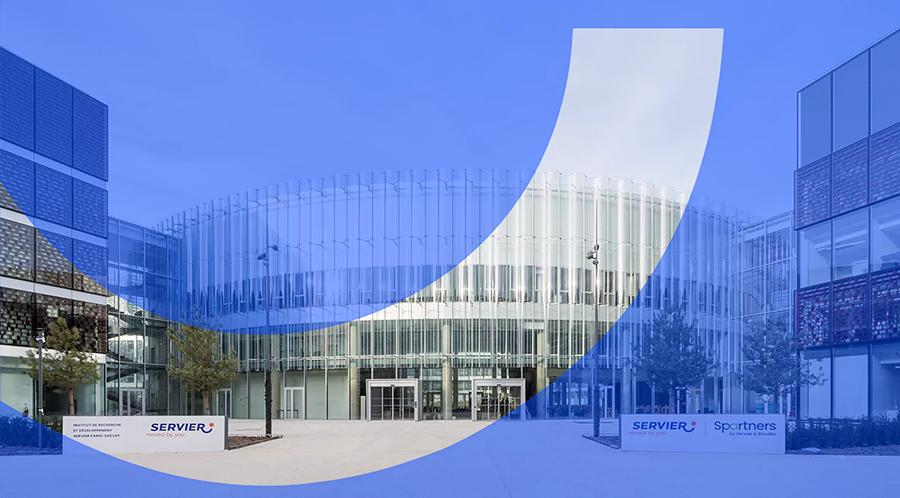We continue our series devoted to the challenges developed in our latest Integrated Annual Report (see below). After the positive impact for society at large, we are addressing the major question of working toward equal access to medicine.
Significant progress in medicine has made it possible to treat and control illnesses that would previously have been fatal. Yet, one third of the world’s population cannot access these essential treatments. We consider why, and what can be done.
Significant progress has been made in global health over recent years. For example, endemo-epidemic diseases, such as poliomyelitis and small pox , have been brought under control or eradicated, large-scale vaccination campaigns have been rolled out and medical treatments for chronic diseases, such as cancer and diabetes, have vastly improved.
Nevertheless, reservations remain regarding the overall appraisal of the situation. One striking example is that of pediatric cancer, where 90% of cases occur in low- or middle-income countries, where the survival rates sit at just 30%, compared with an 80% chance of survival in high-income countries. Moreover, cardiovascular diseases continue to represent the leading cause of death throughout the world.

Fighting children’s cancer
Through its first iconic CSR project, Servier seeks to contribute to achieving the World Health Organization’s goal to increase the survival rate of children with cancer globally to at least 60% by 2030. The success of the project requires progress in three areas—improving access to existing treatments, investing in R&D, and supporting patients, their family and health care professionals.
This is due to a lack of access to information about prevention, early diagnoses and quality health care. The reasons these disparities persist are complex and amplified by socioeconomic, geographical and cultural factors.
Solutions
Issues with access to medicines need to be considered right at the start of the R&D phase. Research needs to be oriented toward as-yet unmet medical needs as well as address disparities that exist between ethnic groups by ensuring diversity in clinical trials.
Pharmaceutical companies must also bolster collaboration with local partners, such as governments, non-profit organizations and health care bodies. There are many potential courses of action, which vary depending on the region. These include implementing patient access programs and subsidizing treatment costs, supporting health care infrastructure through financial aid or training for health care providers, and running health awareness campaigns.
Generic medicines are widely available and relatively inexpensive, thereby helping to reduce inequitable access to treatment. Their affordable prices also help drive counterfeit drugs off the market.
10%
of medicines distributed in developing countries are substandard or falsified (WHO – 2017).
100%
of therapeutic areas are affected by falsified medicines (WHO – 2017)
The latter represent a serious threat for public health, exposing patients to potential risks such as ineffective treatments, adverse side effects and serious complications. Pharmaceutical companies help combat falsified medicines by printing unique serial numbers on boxes they produce to prove their authenticity. They also participate in global customs surveillance initiatives as well as monitoring medicines sold over the internet, while raising awareness among health care professionals and patients.
The pandemic highlighted that access to health care is a truly global challenge. As such, pharmaceutical companies have a pivotal role to play in strengthening global health security.
View from the field: “The idea behind YOSR is to make our innovative treatments both accessible and affordable”
Meet Abdullah al-Bow/ Business Excellence Director, Servier Middle East. In this picture, Abdullah is representing the project team at the first edition of the Servier Group Awards, which shines a spotlight on the outstanding achievements of its employees throughout the world.
« YOSR, qui signifie « l’aisance » en arabe, est le nom de notre programme d’assistance aux patients. Il a été spécialement conçu pour aider les personnes confrontées à des difficultés à financer leur traitement annuel en cas de diagnostic d’hypertension, d’insuffisance cardiaque ou de cancer colorectal. Ce programme a été lancé aux Émirats arabes unis, à Oman et au Koweït, des régions où de nombreux patients ne sont pas assurés ou ne bénéficient pas d’une couverture suffisante. Développé en collaboration avec un partenaire assureur et les ministères de la santé locaux, YOSR s’attaque à un double défi : celui de rendre nos traitements innovants accessibles et abordables. »

In a constantly changing world, Servier is adapting and flourishing. Our Integrated Annual Report 2022-2023 showcases this evolution, demonstrating how our company is responding in concrete ways to contemporary societal challenges.
Our Integrated Annual Report 2022-2023 is much more than a corporate document: it’s an invitation to explore our story, achievements and aspirations, in a concise and attractive format.
